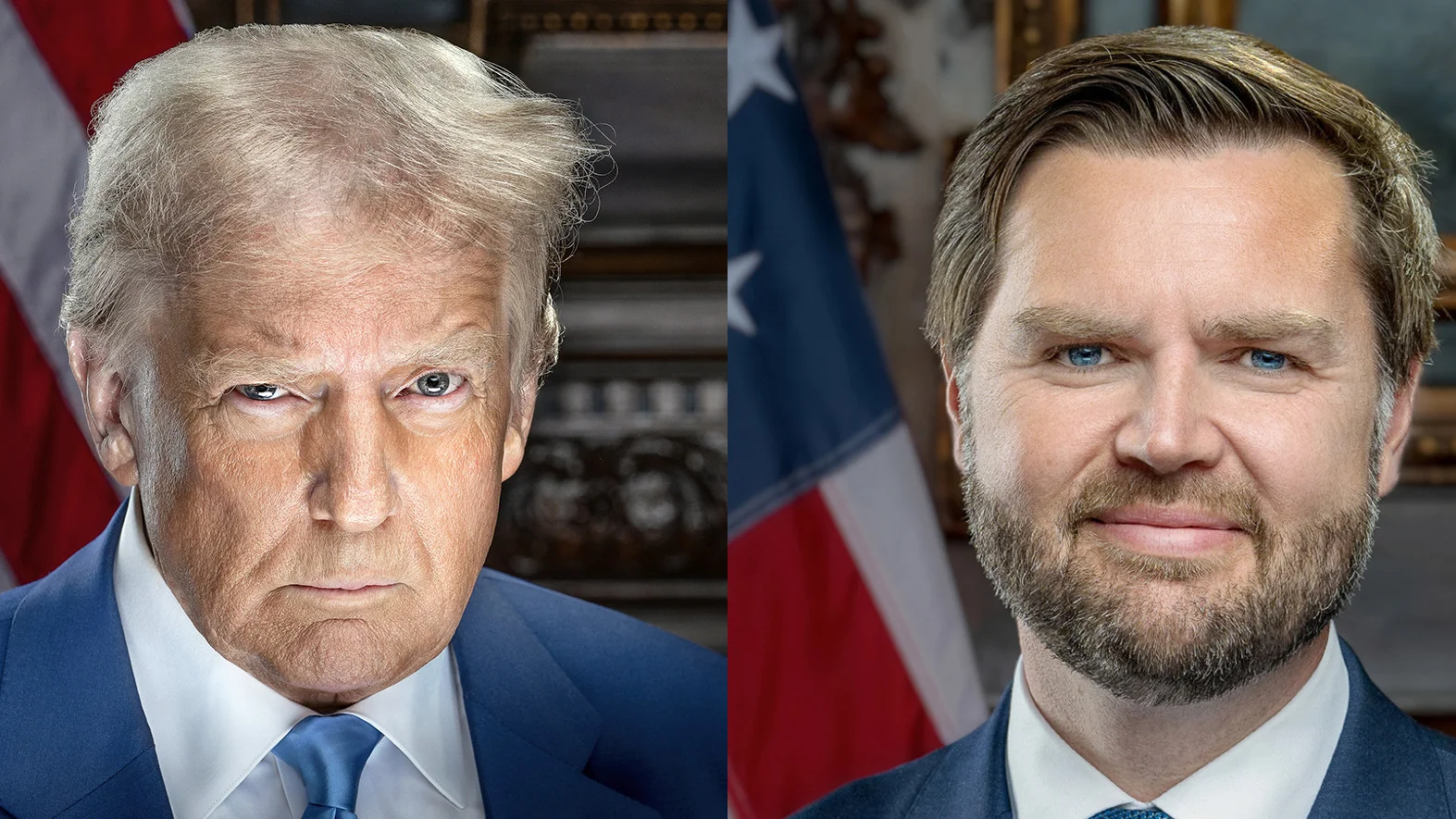The White House has issued a new executive order addressing overcriminalization in federal regulations. President Donald J. Trump signed the order on May 9, 2025, with the aim of easing regulatory burdens on Americans and ensuring that citizens are not unwittingly transformed into criminals due to obscure regulations.
The order highlights concerns over the extensive Code of Federal Regulations, which contains over 48,000 sections spanning more than 175,000 pages. The document emphasizes that many of these sections carry potential criminal penalties for violations. It states that even those tasked with enforcing these laws may not fully grasp the scope of offenses contained within them.
The executive order asserts: "This status quo is absurd and unjust." It criticizes the current system for potentially allowing abuse by government officials and privileging large corporations over average citizens.
Key points outlined in the policy include discouraging criminal enforcement of regulatory offenses unless individuals knowingly violate laws or pose significant public harm. Strict liability offenses are "generally disfavored," according to United States v. United States Gypsum Co., with agencies encouraged to consider civil or administrative enforcement instead.
The order requires each agency head, in consultation with the Attorney General, to report all criminal regulatory offenses enforceable by their agency within one year. These reports should detail potential penalties and applicable mens rea standards and be made publicly available on agency websites.
Agencies are also directed to promote transparency by clearly identifying rules with potential criminal consequences in future notices of proposed rulemaking and final rules published in the Federal Register.
Within 45 days, each agency must publish guidance addressing factors to consider when deciding whether to refer alleged violations for criminal prosecution. This includes assessing harm caused, potential gains from offenses, defendants' specialized knowledge, and awareness of unlawfulness.
The order explicitly excludes immigration enforcement and national security functions from its provisions.
President Trump's directive concludes with general provisions ensuring it does not impair existing legal authorities or create enforceable rights against the U.S. government.





